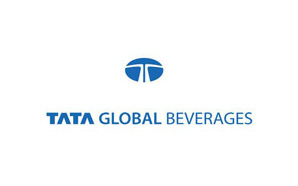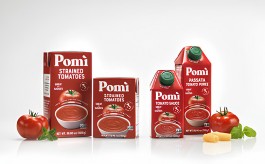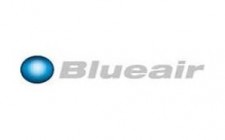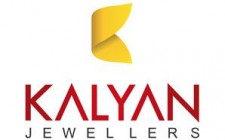Tata Beverages' may add a power brand
By Dinesh Jain | Vjmedia Works | May 29, 2015
The move comes as the company looks to expand this club, which includes Tata Tea, Tetley, Himalayan, Eight O'Clock Coffee, and Tea Pix
 A year after acquiring Australian coffee brand MAP, the Rs 7,833-crore Tata Global Beverages (TGB) is contemplating adding it to its list of power brands, a club that includes some of its key products. The move comes as the company looks to expand this club, which includes Tata Tea, Tetley, Himalayan, Eight O'Clock Coffee, and Tea Pix. Brands here are those that can be taken across markets and have the potential to drive sales.
A year after acquiring Australian coffee brand MAP, the Rs 7,833-crore Tata Global Beverages (TGB) is contemplating adding it to its list of power brands, a club that includes some of its key products. The move comes as the company looks to expand this club, which includes Tata Tea, Tetley, Himalayan, Eight O'Clock Coffee, and Tea Pix. Brands here are those that can be taken across markets and have the potential to drive sales.TGB's managing director Ajoy Misra said that MAP showed the potential to break into the big league. "MAP could become a power brand for coffee in Asia. It is the last new brand that we brought into our fold. It also gave us access to the coffee market in Australia. We were there with tea only. We could also take it to other parts of the region such as New Zealand and Indonesia," he said.
If added to TGB's power brands list, MAP will be the third product from the Asian region to debut there after Himalayan and Tata Tea. The latter are products from India. TGB, for the record, derives a third of its revenues from India, while the balance comes from overseas.
Adding coffee is also critical to TGB as it looks to increase revenues from coffee, one of two verticals it has identified as growth drivers. The other segment is water.
TGB currently derives around 75 per cent of its revenues from tea, about 17-18 per cent from coffee and the balance from allied operations (such as its plantation business and water). While Misra refrained from indicating where the contribution of coffee and water could go in the coming years, analysts tracking the company say that TGB's gameplan includes taking coffee and water's contribution to 35 per cent and 7 per cent (water's current contribution is around two per cent) respectively in the next few years. Tea's contribution is expected to fall (to levels of about 60-65 per cent) as verticals such as coffee and water gain steam, analysts tracking the company said.
This ramp-up in revenue from coffee and water is expected to come not only from organic, but inorganic measures too. Misra says that the company is looking at acquisitions in coffee, water and specialty teas and is not averse to alliances and joint ventures as well in the space. In India alone, the company has two JVs - one with Starbucks in coffee and the other with PepsiCo in water. Green tea is one more area that the company sees as a growth driver as it looks to reduce its dependence on black tea.
Of the 800-million-kilogram tea market in India, green tea accounts for five per cent, or 40 million kg, experts say. In the next few years, its share is estimated to touch 160 million kg, accounting for up to 20 per cent of the market.
No wonder, almost all beverage majors from TGB to competitors such as Twinings and Taj Mahal and Lipton from Hindustan Unilever (HUL) are launching new and exotic variants quickly in a bid to tap into the growing preference for green tea among urban Indian consumers.
"Black tea is growing in single-digits, while green tea is growing at a rate of around 30-40 per cent per year for us," Misra said. For the quarter ended March 2015, TGB reported a 94 per cent decline in profit to Rs 3.90 crore as deferred tax liabilities and impairment losses in its Chinese and Eastern European businesses ate into its bottomline. Net sales grew marginally, touching Rs 1,874.58 crore for the quarter under review, versus Rs 1,865.69 crore a year ago.
Advertisement








